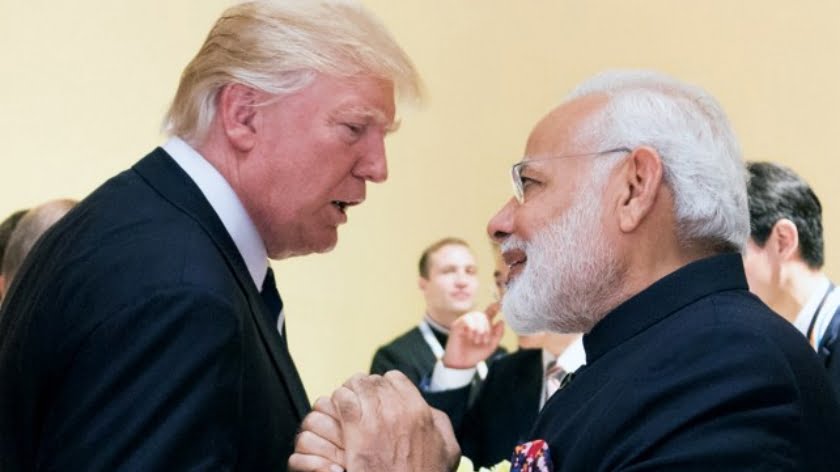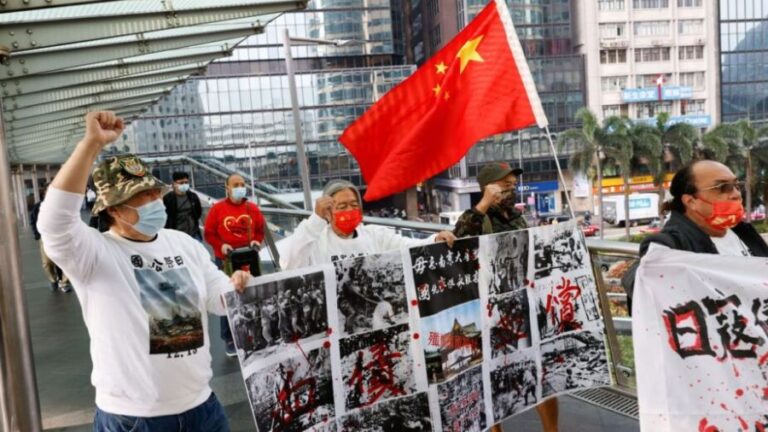It’s Not a “Trade War”, India & The US Are Just Trying to Get a Better Trade Deal
Many international observers have misinterpreted Trump’s termination of India’s membership in the “Generalized System of Preferences” and New Delhi’s decision to supposedly go forward with the S-400s despite CAATSA sanctions threats as the beginning of an Indo-American “trade war”, but both allied Great Powers are actually just playing games with one another in order to score better terms on the comprehensive trade deal that they’re presently negotiating.
All the talk about a seemingly impending Indo-American “trade war” is misplaced even though there are superficially convincing signs that that this speculated economic conflict might have just begun. Many international observers point to Trump’s termination of India’s membership in the “Generalized System of Preferences” (GSP) and New Delhi’s decision to supposedly go forward with the S-400s despite CAATSA sanctions threats as heralding this scenario, though that’s a misinterpretation that overlooks these two Great Powers’ military-strategic alliance with one another in the “Indo-Pacific“. These considerations are much more important for India than economic ones because of the wild success that anti-Chinese fearmongering has had in shaping the views of its population and decision makers, and Prime Minister Modi is unlikely to do an about-face on the national security platforms that got him re-elected.
There’s close to little chance that India will sacrifice its military-strategic alliance with American for economic reasons when there doesn’t exist any viable alternative at all after New Delhi ruled out ever joining China’s Belt & Road Initiative (BRI) as an act of protest over the China-Pakistan Economic Corridor (CPEC) that forms its key component. As such, the back-and-forth economic “escalations” between the US and India seem designed to ensure that each of them can get a better deal from the other when it comes to the comprehensive trade deal that they’re presently negotiating, which will conceivably incorporate all dimensions of their economic relationship and form the main part of New Delhi’s promised “Big Bang” pro-business reforms that are expected to be rolled out during Modi’s second term in office.
Removing India from the GSP just increases the urgency with which New Delhi must strike a deal with the US, just as India’s desire to supposedly honor its S-400 contract with Russia signifies that Washington must urgently reveal the competitive points of its THAAD replacement deal apart from the fact that it would avoid the imposition of CAATSA sanctions. It’s difficult to imagine that the shared so-called “China threat” that has so closely united them on the military-strategic fronts could be overshadowed by a simmering economic dispute between these two allies, especially bearing in mind that India has no realistic alternative and needs the US marketplace much more than America needs India’s. Being as pro-business as he is and with his surrogates already hyping the world up to expect “Big Bang” pro-business reforms, Modi’s latest over-publicized tiff with Trump is really nothing more than a distraction from the larger deal that they’re negotiating behind the scenes.
By Andrew Korybko
Source: Eurasia Future







